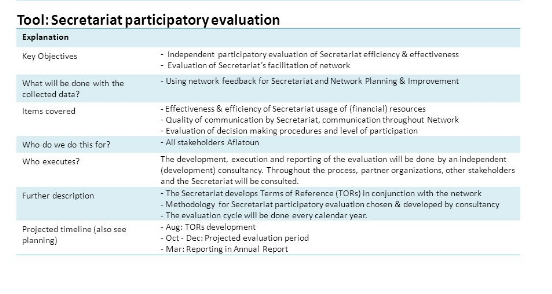Salient Features of the Organisation of the Secretariat
The Secretariat is headed by the Secretary-General who is the Chief Administrative Officer of the United Nations. In the economic and social fields. he is assisted in carrying out his responsibilities as Chief Administrative Officer by a Director General for Development and International Economic Cooperation. The Secretariat is divided into several major units each of which is headed by an Under-Secretary-General, an Assistant Secretary-General or an official of equivalent level. They direct and manage the functions of the major units under the guidance of the Secretary-General and, wherever called for, of the Director-General. The major units are variously denominated as ”department", “office”, "secretariat" or "centre" (henceforth referred to as departments / office's). The Secretariat in the Political Process: Policy through Administration
Administration is the process of implementing the mandate of policy=malcin; bodies. However, a1 po roles eaVe room for administrative discretion in the application of rules to particular cases. ’
Administration also becomes involved with policy decisions in direct ways Researc studies and reports prepared by secretariat official add to the information base for ; overnment policy: Nearly every international organisation can point to report drafted by expert secretariat personnel that were the basis for subsequent action by policy-making bodies.
Successful performance of assigned duties by secretariat personnel can lead to requests for more of the same. The first UN peacekeeping force in Palestine had to be built almost from scratch when the Suez crisis arose; but that precedent made a peacekeeping force a logical necessity wherever UN intervened in times of conflicts. On the other hand, ineffective administrative performance may lead to modification or abandonment of programmes.
SECRETARIAT PARTICIPATION IN DECISION-MAKING
International officials also participate directly in the decisionmaking processes of their governing bodies. Among existing international organisations, the greatest influence is probably exercised by the staff of the World Bank, who not only frame the programme for discussion by its Executive Directors and Governing Board, but generally secure their approval for What the Bank President and his staff recommend. Governments are of course _ closely consulted in the preparation of the recommendations. The UNESCO Secretariat also fixes the agenda and prepares a programme of action for its governing body. Although the UNESCO General Conference is sometimes disposed to modify the programme, the Director-General is undoubtedly the most important decision-maker in the organisation.
The situation is however quite different in the UN General Assembly, where most agenda items are proposed by member states, or mandated by previous resolutions, and simply compiled by the Secretariat in a preliminary agenda. Although the Secretary-General may suggest additional items, he does not submit a legislative programme, as is done in some other international agencies. However, when legislation involves programmes administered by the Secretariat, the views of the Secretariat may carry weight, especially since the positions of member states are likely to have been solicited in formulating the Secretariat views.
The Secretary-General is also responsible for preparing the bienning UN budget . His estimates are, for the most part, based on
the amounts required to carry out programmes already authorised by the policy-making bodies, but the final choice of budget figures involves his discretion.
Whether or not the secretariat of an international agency has a large role in initiating programme proposals, other avenues of participation in the policy process also exist. Executive heads are usually authorised to take part in formal discussions and debates of agenda items. All UN policy-making organs have provision for hearing the Secretary-General. Other UN officials conduct their own lobbying operations with varying degrees of success. Individual civil servants are often consulted by national officials becauseoftheirexpertiseina subjechand theSecretary-Generalis often consulted if members are seriously considering proposals for new functions or responsibilities for the Secretariat. Secretariat officials also provide their services as storehouses of information on such policy-relevant matters as the conduct of meetings and drafting of resolutions.

.png)








No comments:
Post a Comment